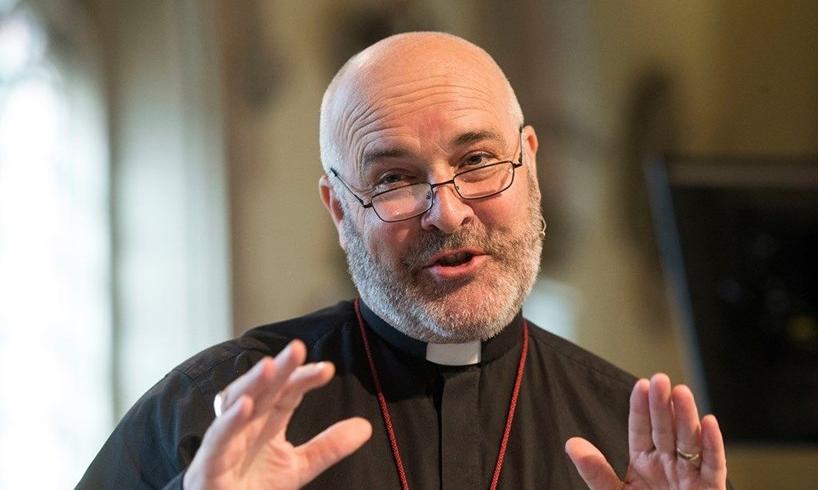
Archbishop flags issue in calling ‘Our Father’ for Lord's Prayer, citing genderlessness of God
text_fieldsLondon: The Archbishop of York, Stephen Cottrell, has ignited a controversial discussion within the Church of England by suggesting that the opening words of the Lord's Prayer may be "problematic" due to their patriarchal connotations.
In his address to the General Synod, Cottrell focused on the words ‘Our Father,’ which have been recited by Christians worldwide for over 2,000 years, citing concerns about the negative experiences some individuals have had with earthly fathers and the oppressive patriarchal nature of society.
Cottrell's comment, though a brief aside in a speech emphasizing unity, has sparked division among members of the Church of England, a body that has long grappled with disputes related to sexuality, identity, and equality.
Responding to Cottrell's remarks, Canon Dr Chris Sugden, chair of the conservative Anglican Mainstream group, questioned whether the archbishop was suggesting that Jesus was wrong or lacked pastoral awareness since Jesus himself urged people to pray to "our father" in the Bible. Sugden further criticized some church leaders for prioritizing cultural cues over scripture.
Rev Christina Rees, an advocate for female bishops, supported Cottrell's intervention, acknowledging that the issue he raised has been a live debate among Christians for years. She questioned the belief that God considers male human beings as more accurately reflecting his image than women, asserting that such a notion is unfounded.
The Church of England previously announced its intention to consider using gender-neutral terms to refer to God, following requests from priests who sought to adopt inclusive language.
It established a commission on gendered language, acknowledging that while God is neither male nor female, the worship practices have not always reflected the diverse ways in which God is addressed in scripture.
Cottrell's address primarily focused on the word "our" as a call for the synod's members to foster a brotherly and sisterly approach to discussions, aiming to address the ongoing division within the Church. He urged the synod to recognize the current state of disunity as a disgrace and an affront to Christ's teachings.
Among the contentious issues facing the Church of England, the topic of same-sex marriage has been particularly divisive. Earlier this year, the synod approved the provision of blessings to gay and lesbian couples who have undergone a civil wedding.
However, the final approval of prayers, along with decisions regarding whether gay and lesbian clergy can marry and the instruction of celibacy for clergy in same-sex relationships, has been delayed until November.























